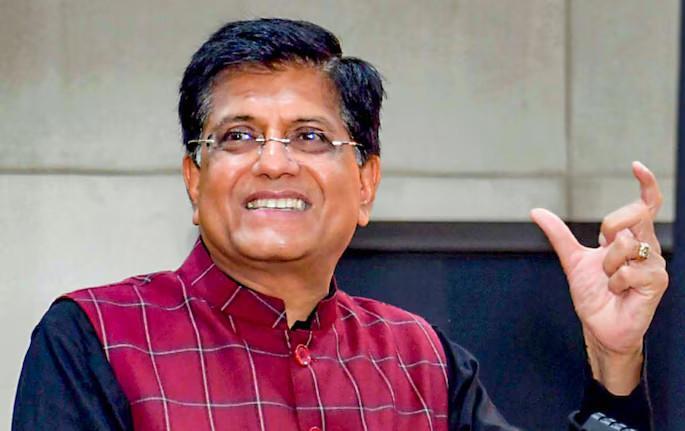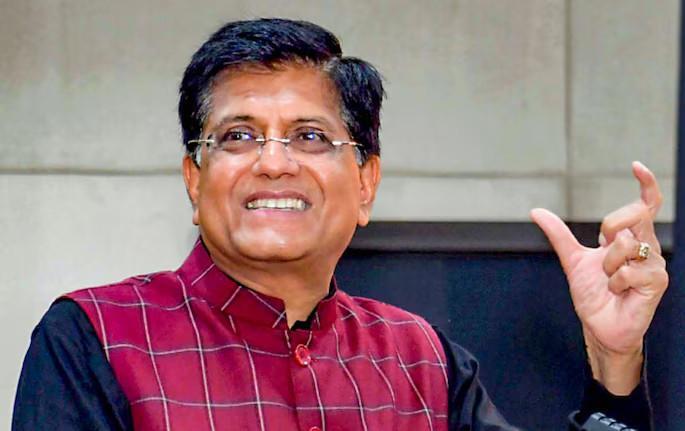
Indian Youth Congress Protest Against Govt Over Stock Market Crash
The Indian Youth Congress, the youth wing of the Indian National Congress, staged a protest against the Union Finance Minister, Nirmala Sitharaman, demanding her resignation over the recent stock market crash. The protest was sparked by the sudden and drastic decline in the stock market indices on Friday, which saw the Sensex slumping 1,414 points to end at 73,198 and the Nifty closing 420 points lower at 22,124. The market cap of BSE-listed companies collectively dipped by over ₹9 lakh crore on Friday, leaving investors and traders reeling.
The Indian Youth Congress (IYC) took to the streets, holding placards and chanting slogans, to express their anger and frustration over the government’s handling of the economy. The protesters, mostly young professionals and students, felt that the government’s policies had failed to address the underlying issues in the economy, leading to the current state of affairs.
“We are here to demand the resignation of Nirmala Sitharaman, the Finance Minister, as she has failed to address the economic crisis that has been brewing for a long time,” said a protester, who wished to remain anonymous. “The government’s policies have only benefited a select few, while the common man has been suffering. We want economic justice and a fair deal for all.”
The IYC protesters also accused the government of being responsible for the economic downturn, citing the rising unemployment rates, the increasing price of essential commodities, and the decline in the value of the rupee. They also demanded that the government take immediate steps to address these issues and provide relief to the affected individuals.
The protest was peaceful, with the protesters maintaining a respectful distance from the security personnel stationed at the site. The police were present in large numbers, but they did not resort to any form of violence or intimidation.
The Indian Youth Congress has been a vocal critic of the government’s economic policies, and this protest is just the latest in a series of demonstrations and agitations that the organization has organized in recent months. The IYC has been demanding that the government take concrete steps to address the economic crisis, including reducing the prices of essential commodities, creating jobs, and providing relief to the affected individuals.
The government, on the other hand, has been trying to downplay the impact of the stock market crash, saying that it is a normal fluctuation in the market and that the economy is still growing. However, the protesters are not convinced, and they are demanding that the government take immediate action to address the economic crisis.
The Indian Youth Congress is not the only organization that has been protesting against the government’s economic policies. Other organizations, including trade unions and student bodies, have also been holding protests and demonstrations to express their discontent with the government’s handling of the economy.
The stock market crash has also led to a sense of uncertainty and fear among investors and traders, who are worried about the impact of the economic crisis on their investments and livelihoods. The government has been trying to reassure them that the economy is still strong and that the crisis is temporary, but the protesters are not convinced, and they are demanding that the government take concrete steps to address the economic crisis.
In conclusion, the Indian Youth Congress protest against the government over the stock market crash is a reflection of the growing discontent among the youth of India with the government’s economic policies. The protesters are demanding economic justice and a fair deal for all, and they are not willing to back down until their demands are met. The government, on the other hand, is trying to downplay the impact of the crisis and reassure investors and traders that the economy is still strong. However, the protesters are not convinced, and they are demanding that the government take immediate action to address the economic crisis.
News Source:





